

| Cruise Region : Europe, Mediterranean Sea |
| Company : Croisi Europe |
| Ship : MS Cyrano de Bergerac |
| Journey Start : Mon 22 Jun 2026 |
| Journey End : Sun 28 Jun 2026 |
| Count Nights : 6 nights |
| Day | Date | Port | Arrival | Departure |
|---|---|---|---|---|
| 1 | 22.06 Mon | Bordeaux / France | 18:00 | 20:00 |
| 1 | 22.06 Mon | Cussac-Fort-Médoc / France | 23:00 | |
| 2 | 23.06 Tue | Cussac-Fort-Médoc / France | 12:30 | |
| 2 | 23.06 Tue | Royan / France | 16:30 | |
| 3 | 24.06 Wed | Royan / France | 18:00 | |
| 3 | 24.06 Wed | Libourne (Saint-Émilion) / France | 23:50 | |
| 4 | 25.06 Thu | Libourne (Saint-Émilion) / France | 13:00 | |
| 4 | 25.06 Thu | Bordeaux / France | 18:00 | |
| 5 | 26.06 Fri | Cadillac-sur-Garonne / France | 10:00 | 16:15 |
| 5 | 26.06 Fri | Bordeaux / France | 18:30 | 07:00 |
| 6 | 27.06 Sat | Bordeaux / France |
All inclusive on board:
All meals included - DRINKS INCLUDED with meals and at the bar
Refined French cuisine - Gala dinner and evening - Welcome cocktail
Free Wi-Fi onboard
Headsets are included for excursions
Official welcome from the captain and crew
Onboard activities
Travel assistance and repatriation insurance
All port fees included
Additional expenses:
Airfare and transfers to/from the departure and arrival ports
Personal expenses (e.g., souvenirs, extra drinks beyond those included)
Tips for crew and guides (recommended) from €9 per day per guest
Medical insurance (optional, at your own discretion)
Excursions and activities not included in the program
Additional onboard services (spa, massage, laundry, etc.)
PAYMENT AND BOOKING CONDITIONS:
A deposit 30 % is due within 4 days after confirmation if you pay credit card, bank transfer, or personal check. If you pay by credit card, you must sign an authorization form. If paying by wire transfer, the transfer must be received within 8 days after confirmation. Final payment is due at least 90 days prior to departure. Vouchers will be sent by email at 30 days prior to departure and only when full payment has been made. You are considered confirmed when we receive your deposit of 30 % of the price of the cruise, or, if you are confirmed within 90 days before departure, you are confirmed when we receive your full payment. Failure to pay the balance by the 90-day deadline is a default that entitles us to cancel your agreement and retain your deposit if you do not pay within eight days after notice of nonpayment.
CANCELLATION:
1) TRAVELLER’S RIGHT OF CANCELLATION
The traveller may cancel the contract at any time prior to the start of the trip or stay, subject to the payment of appropriate cancellation fees or, where applicable, standard cancellation fees charged by the organiser or retailer, in accordance with Article L. 211-14 I of the French Tourism Code.
2) CANCELLATION COSTS
In the event of cancellation by the customer, and in accordance with Article L 211-14 of the French Tourism Code, the sums paid will be reimbursed minus the cancellation fees per person specified below, depending on the date of cancellation in relation to the departure date, and the non-refundable costs of insurance, reservation fees and visa fees, as well as all other insurance and cancellation fees required by our suppliers. If one of the passengers in a double room or cabin cancels his/her reservation, the remaining passenger will have to pay the double room or cabin supplement for individual use. All cancellations must be sent to the seller by registered mail with acknowledgment of receipt..
Cost of cancelling CroisiEurope river cruises:
• More than 90 days before date of departure: 150 €, not including VAT, in administration fees will be charged per person (fees for themed-weekend and Christmas-market cruises are listed after)
• From 90 to 60 days: 20 % of total amount of cruise package
• From 59 to 30 days: 50 % of total amount of cruise package
• From 29 to 19 days: 60 % of total amount of cruise package
• From 18 to 9 days: 75 % of total amount of cruise package
• 8 days or less before departure: 100 % of total amount of cruise package
For CroisiEurope themed-weekend and Christmas-market river cruises, a cancellation fee of 50 €, not including VAT, will be charged per person at more than 90 days before departure. The fee schedule listed above remains unchanged for these cruises.
Cost of cancelling CroisiEurope seafaring cruises:
• More than 90 days before date of departure: 300 €, not including VAT, in administration fees will be charged per person
• From 90 to 60 days: 40 % of total amount of cruise package
• From 59 to 30 days: 60 % of total amount of cruise package
• From 29 to 9 days: 75 % of total amount of cruise package
• 8 days or less before departure: 100 % of total amount of cruise package
Cancellation terms and conditions above, the cancellation fees for CroisiEurope “New Year’s Eve” river and seafaring cruises are as follows:
• More than 90 days before date of departure: 300 €, not including
VAT, in administration fees will be charged per person
• From 90 to 60 days: 40 % of total amount of cruise package
• From 59 to 30 days: 60 % of total amount of cruise package
• From 29 to 20 days: 75 % of total amount of cruise package
• 19 days or less before departure: 100 % of total amount of cruise package
Cancellation fees for the cruises on the Mekong, Ganges, Nile and in Southern Africa:
• More than 90 days before date of departure: 300 €, not including VAT, in administration fees will be charged per person
• From 90 to 61 days: 35 % of total amount of cruise package
• From 60 to 31 days: 50 % of total amount of cruise package
• From 30 to 20 days: 70 % of total amount of cruise package
• From 19 to 9 days: 80 % of total amount of cruise package
• 8 days or less before departure: 100 % of total amount of cruise package
By accepting these general terms and conditions of sale, the traveller expressly acknowledges that he/she has been previously informed and agrees to the cancellation fees in the manner set out above.
IMPORTANT: All packages including air transport are subject to the general and specific cancellation conditions of the designated airline companies. In the event of cancellation by one or more passengers, the following cancellation conditions shall be applied:
• River, maritime and coastal services: pursuant to the general terms and conditions of CroisiEurope.
• Air transport: terms and conditions of the designated airline company, available on the web sites of the respective airlines or from our booking departments on request.
In addition, the amount of cancellation fees relating to land-based services (hotel, for example) will correspond to the amount of actual fees invoiced by the partner to CroisiEurope.
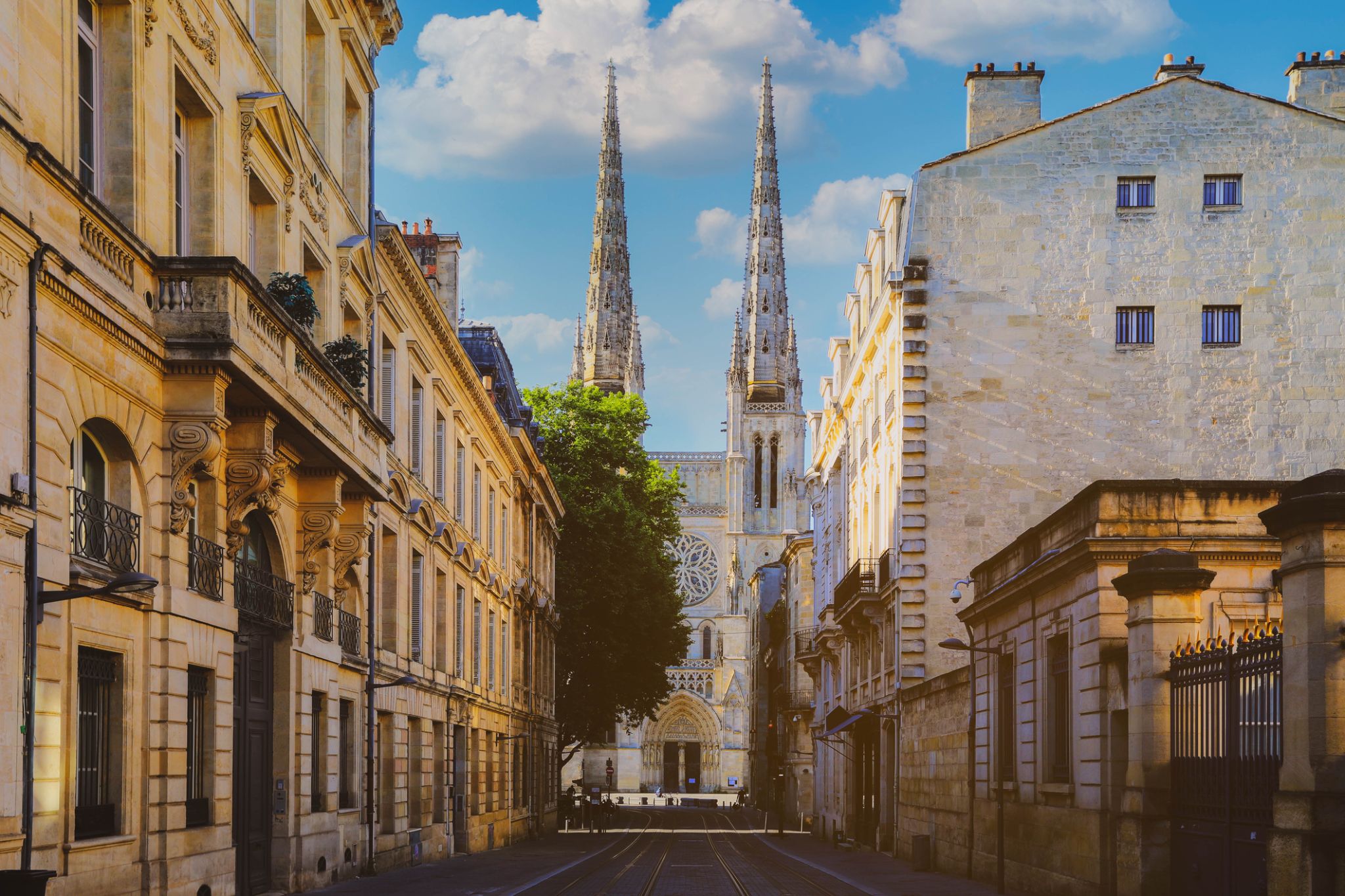
Bordeaux is a port city on the Garonne in the Gironde department in Southwestern France.
The municipality (commune) of Bordeaux proper has a population of 246,586 (2014). Together with its suburbs and satellite towns, Bordeaux is the centre of the Bordeaux Métropole. With 1,195,335 in the metropolitan area, it is the sixth-largest in France, after Paris, Marseille, Lyon, Toulouse, and Lille. It is the capital of the Nouvelle-Aquitaineregion, as well as the prefecture of the Gironde department. Its inhabitants are called "Bordelais" (for men) or "Bordelaises" (women). The term "Bordelais" may also refer to the city and its surrounding region.
Being at the center of a major wine-growing and wine-producing region, Bordeaux remains a prominent powerhouse and exercises significant influence on the world wine industry although no wine production is conducted within the city limits. It is home to the world's main wine fair, Vinexpo, and the wine economy in the metro area takes in 14.5 billion euros each year. Bordeaux wine has been produced in the region since the 8th century. The historic part of the city is on the UNESCO World Heritage List as "an outstanding urban and architectural ensemble" of the 18th century.[7] After Paris, Bordeaux has the highest number of preserved historical buildings of any city in France.
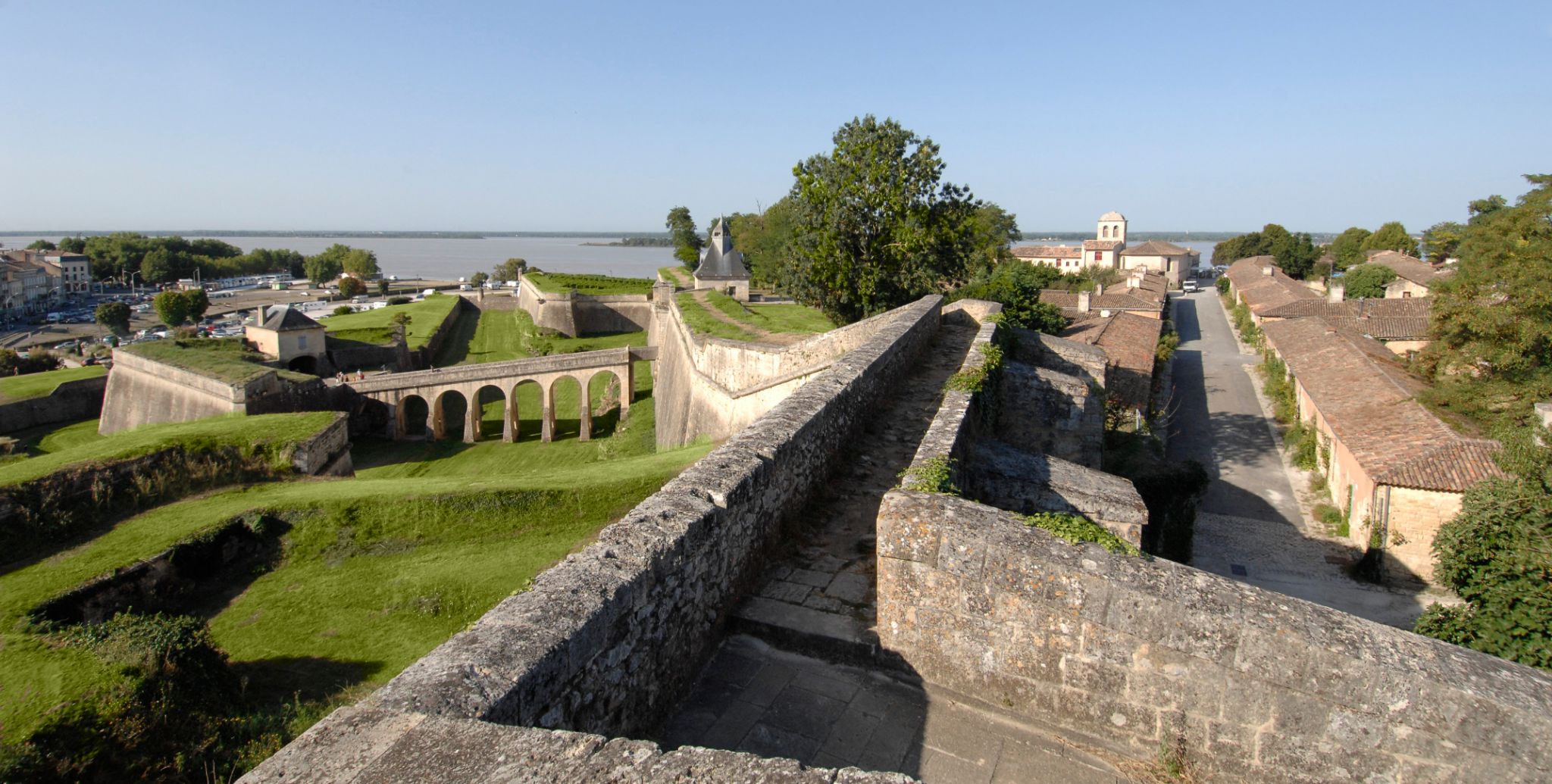

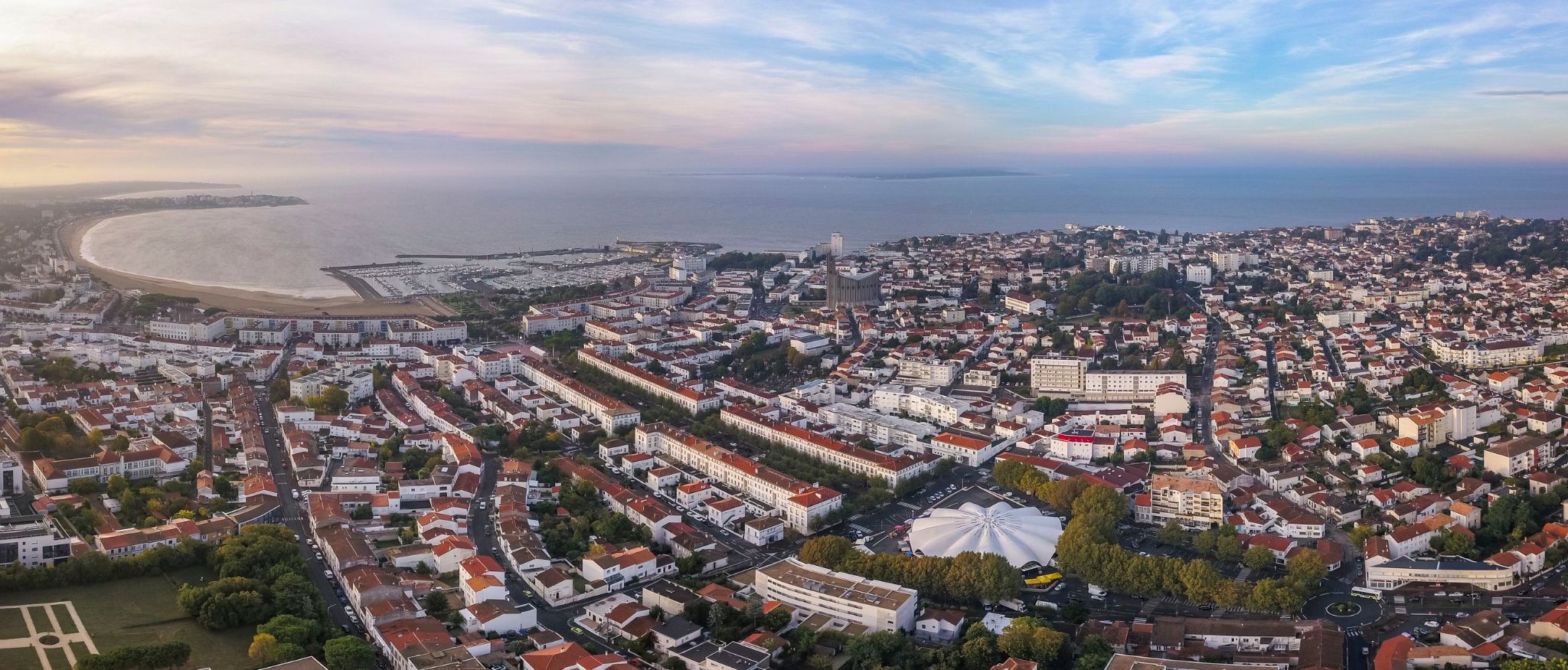
A gentle sea breeze, golden beaches, and the charm of the Atlantic create the perfect escape from everyday life. This place has long been a favorite among the French seeking seaside relaxation, and now international travelers are increasingly discovering its elegance, touched by the retro vibe of the 1950s—a legacy of the city’s major post-WWII reconstruction.
Royan is a vivid example of modernist architecture along the French coast. You’ll find the striking Church of Notre-Dame de Royan with its concrete spires resembling cliffs, and a picturesque seafront lined with cafés and boutiques. Nature lovers will enjoy boat tours, wine tastings in the nearby Charente region, and tranquil evenings watching the Atlantic sunset.

A gentle sea breeze, golden beaches, and the charm of the Atlantic create the perfect escape from everyday life. This place has long been a favorite among the French seeking seaside relaxation, and now international travelers are increasingly discovering its elegance, touched by the retro vibe of the 1950s—a legacy of the city’s major post-WWII reconstruction.
Royan is a vivid example of modernist architecture along the French coast. You’ll find the striking Church of Notre-Dame de Royan with its concrete spires resembling cliffs, and a picturesque seafront lined with cafés and boutiques. Nature lovers will enjoy boat tours, wine tastings in the nearby Charente region, and tranquil evenings watching the Atlantic sunset.
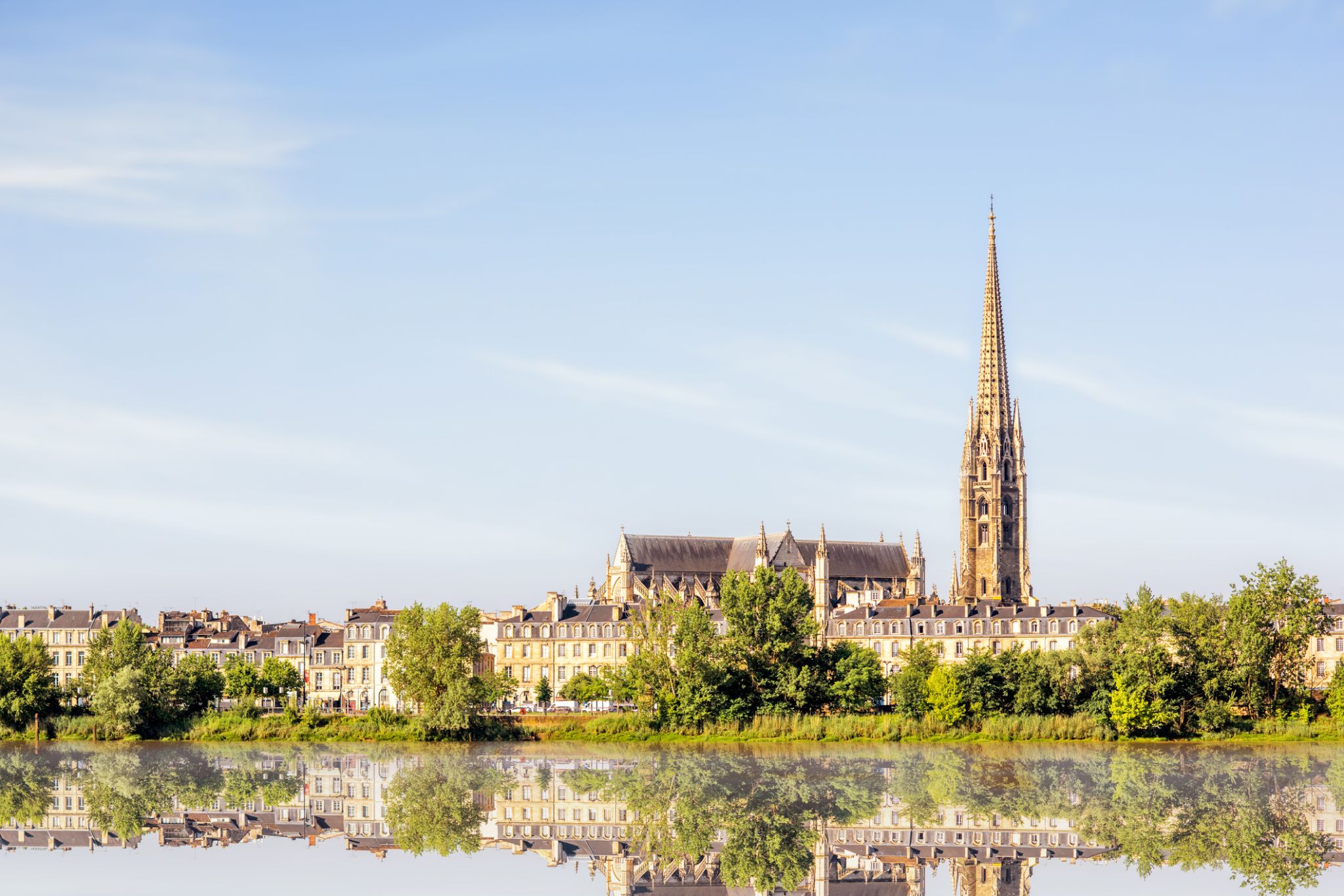


Bordeaux is a port city on the Garonne in the Gironde department in Southwestern France.
The municipality (commune) of Bordeaux proper has a population of 246,586 (2014). Together with its suburbs and satellite towns, Bordeaux is the centre of the Bordeaux Métropole. With 1,195,335 in the metropolitan area, it is the sixth-largest in France, after Paris, Marseille, Lyon, Toulouse, and Lille. It is the capital of the Nouvelle-Aquitaineregion, as well as the prefecture of the Gironde department. Its inhabitants are called "Bordelais" (for men) or "Bordelaises" (women). The term "Bordelais" may also refer to the city and its surrounding region.
Being at the center of a major wine-growing and wine-producing region, Bordeaux remains a prominent powerhouse and exercises significant influence on the world wine industry although no wine production is conducted within the city limits. It is home to the world's main wine fair, Vinexpo, and the wine economy in the metro area takes in 14.5 billion euros each year. Bordeaux wine has been produced in the region since the 8th century. The historic part of the city is on the UNESCO World Heritage List as "an outstanding urban and architectural ensemble" of the 18th century.[7] After Paris, Bordeaux has the highest number of preserved historical buildings of any city in France.
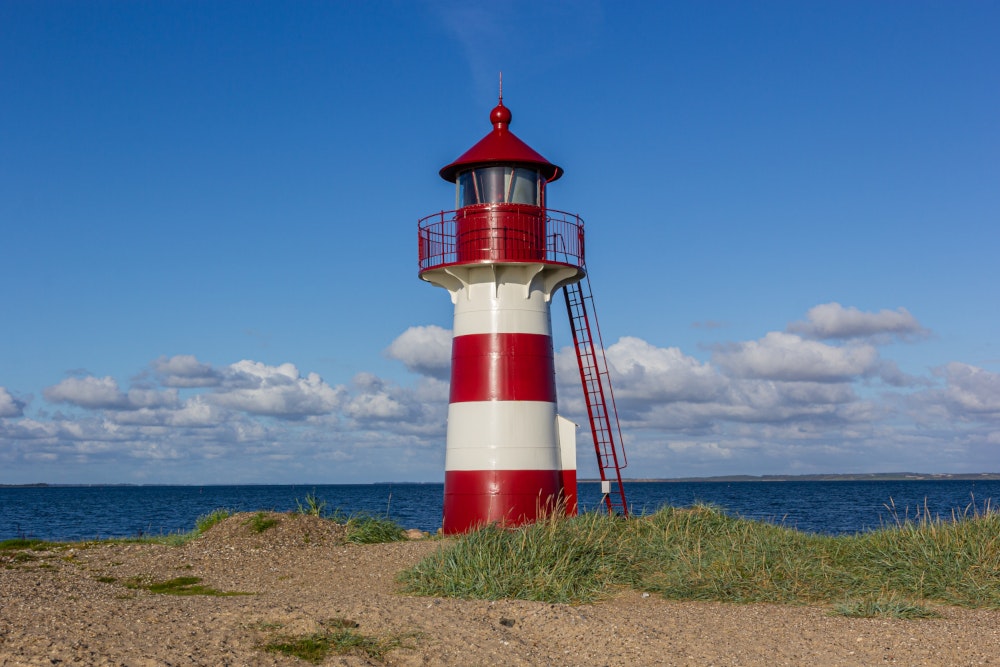
Tucked along the banks of the Garonne River, this small French town captivates with its authentic provincial charm. Cadillac-sur-Garonne is renowned for its vineyards, where the famous Cadillac wine is produced, a true pride of the region. Strolling through the ancient streets and majestic castles, one is transported into the atmosphere of medieval France, while the welcoming cafes along the river offer picturesque views of the Garonne waters.
Local markets and festivals often attract travelers who are eager to not only admire historical landmarks but also immerse themselves in the traditions of southwest France. Cadillac-sur-Garonne is the perfect spot for those who wish to escape the hustle and bustle of big cities and soak in the tranquility, drawing inspiration from the beauty of nature and French culture.

Bordeaux is a port city on the Garonne in the Gironde department in Southwestern France.
The municipality (commune) of Bordeaux proper has a population of 246,586 (2014). Together with its suburbs and satellite towns, Bordeaux is the centre of the Bordeaux Métropole. With 1,195,335 in the metropolitan area, it is the sixth-largest in France, after Paris, Marseille, Lyon, Toulouse, and Lille. It is the capital of the Nouvelle-Aquitaineregion, as well as the prefecture of the Gironde department. Its inhabitants are called "Bordelais" (for men) or "Bordelaises" (women). The term "Bordelais" may also refer to the city and its surrounding region.
Being at the center of a major wine-growing and wine-producing region, Bordeaux remains a prominent powerhouse and exercises significant influence on the world wine industry although no wine production is conducted within the city limits. It is home to the world's main wine fair, Vinexpo, and the wine economy in the metro area takes in 14.5 billion euros each year. Bordeaux wine has been produced in the region since the 8th century. The historic part of the city is on the UNESCO World Heritage List as "an outstanding urban and architectural ensemble" of the 18th century.[7] After Paris, Bordeaux has the highest number of preserved historical buildings of any city in France.

Bordeaux is a port city on the Garonne in the Gironde department in Southwestern France.
The municipality (commune) of Bordeaux proper has a population of 246,586 (2014). Together with its suburbs and satellite towns, Bordeaux is the centre of the Bordeaux Métropole. With 1,195,335 in the metropolitan area, it is the sixth-largest in France, after Paris, Marseille, Lyon, Toulouse, and Lille. It is the capital of the Nouvelle-Aquitaineregion, as well as the prefecture of the Gironde department. Its inhabitants are called "Bordelais" (for men) or "Bordelaises" (women). The term "Bordelais" may also refer to the city and its surrounding region.
Being at the center of a major wine-growing and wine-producing region, Bordeaux remains a prominent powerhouse and exercises significant influence on the world wine industry although no wine production is conducted within the city limits. It is home to the world's main wine fair, Vinexpo, and the wine economy in the metro area takes in 14.5 billion euros each year. Bordeaux wine has been produced in the region since the 8th century. The historic part of the city is on the UNESCO World Heritage List as "an outstanding urban and architectural ensemble" of the 18th century.[7] After Paris, Bordeaux has the highest number of preserved historical buildings of any city in France.